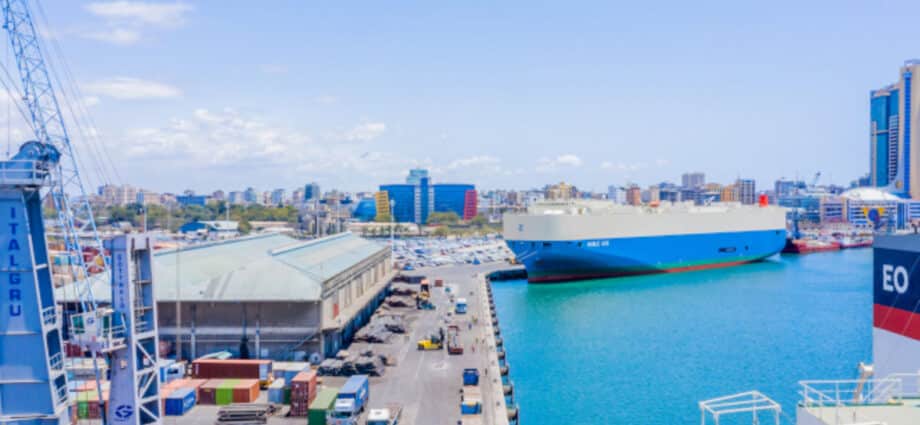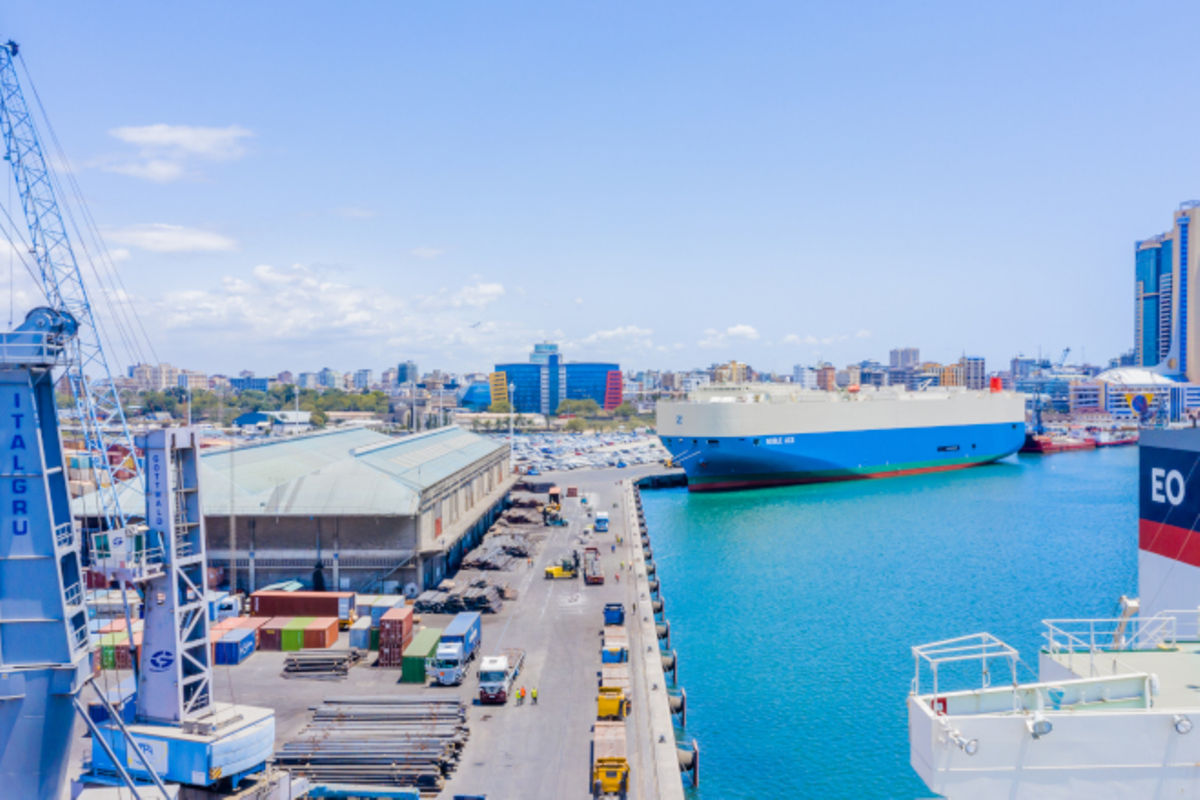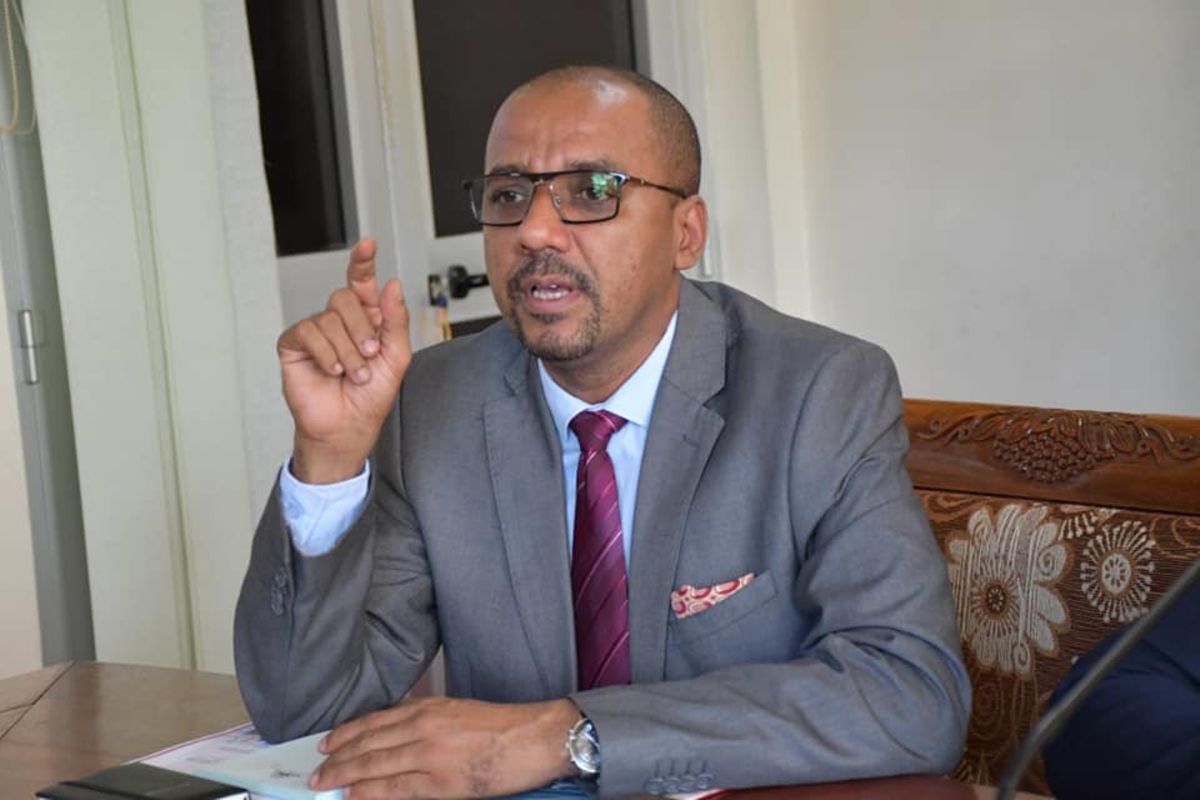Dar es Salaam. Experts are optimistic about the future performance of Dar es Salaam Port, whose operations are now under two global logistics giants.
They have, however, stressed the need to protect national interests.
Adani International Ports Holdings Ltd (AIPH), a wholly-owned subsidiary of India’s Adani Ports and Special Economic Zone Limited (APSEZ), announced last week that it had entered into a 30-year concession agreement with the Tanzania Ports Authority (TPA) to operate and manage Container Terminal 2 (CT2) at the port.
AIPH’s entry follows Tanzania’s finalisation of three contracts with DP World Group last October.
Under the agreements, DP World is responsible for operating berths 4 to 7, while berths 0 to 3 are to be jointly operated by the UAE-based firm and TPA.
The new agreement with Adani grants the company rights to operate and manage CT2 that was previously operated by Tanzania International Container Terminal Services Limited (Ticts), which handled containers at berths 8 to 11 until 2022 when the lease contract expired and the TPA board resolved not to renew it and decided instead look for another investor.
CT2, with its four berths, boasts an annual cargo handling capacity of a million twenty-foot equivalent units (TEUs).
In 2023, it handled about 820,000 TEUs, representing 83 percent of Tanzania’s total container volumes.
East Africa Gateway Limited (EAGL) has been incorporated as a joint venture between AIPH, AD Ports Group and East Harbour Terminals Limited (EHTL), with APSEZ serving as the controlling shareholder.
EAGL has signed a share purchase agreement to acquire a 95 percent stake in Ticts from Hutchison Port Holdings Limited (and its affiliate Hutchison Port Investments Limited) and Harbours Investment Limited for a total of $39.5 million.
Ticts currently owns all port handling equipment and employs the manpower and Adani will operate CT2 through Ticts.
Speaking with The Citizen in separate interviews, economists and industry experts said the involvement of the two global logistics investors will improve efficiency and productivity at the port.
Tanzania Shipping Agents Association (Tasaa) chairman Daniel Malongo said they have yet to receive official information from TPA with regard to the contract with Adani, but are positive about the development.
He added that Tasaa believes that the arrival of the new private investors will increase productivity at the port.
“I see no problem. Adani is a significant player in the global maritime and logistics industries and we have no doubt that they will perform well,” Mr Malongo said.
Dr Daudi Ndaki of Mzumbe University said he expects the two companies to play a key role in promoting economic growth.
The contracts are testimony to President Samia Suluhu Hassan’s endeavour to enhance efficiency in critical areas and maximise benefits for the country, he added.
“We have a competitive advantage in our geographical position, but lack the right technology. By utilising their resources and management systems, we can be able to achieve more,” Dr Ndaki said.
‘Protect national interest’
Institute of Management and Entrepreneurship Development chief executive Donath Olomi said it is beneficial to have private investors at Tanzania’s biggest and busiest port, adding that as large and diverse companies, the two global giants can introduce competition that will stimulate business growth.
“Business is also about networking. These companies already have extensive global networks, which will help to further connect Tanzania with its trading partners,” he said.
Dr Ulomi emphasised the importance of protecting national interests and addressing risks and challenges promptly.
“It’s crucial to ensure that national interests are protected and that risks and any areas that can harbour potentially adverse issues are addressed as early as possible,” he added.
Prominent economist Abel Kinyondo was of the view that the projected benefits for Tanzania depend on the laws and provisions included in the signed contracts.
“It’s essential to consider how the law will be involved because benefits don’t come from nowhere. They must be contractually established,” he said.
Dr Kinyondo added that it is up to the government to ensure that public interests are safeguarded in the contracts for the expected benefits to be realised.
“There’s good business to be done, but it depends on how serious you are in ensuring that the agreements you have entered into are mutually beneficial,” he said.
APSEZ managing director Karan Adani said in a statement that they have confidence in the new operating agreement at Dar es Salaam Port since it aligns with their strategic targets.
“We are confident that with our expertise and network in ports and logistics, we will be able to enhance trade volumes and economic cooperation between our ports and East Africa. We will strive to transform Dar es Salaam Port into a world-class port,” he said.















